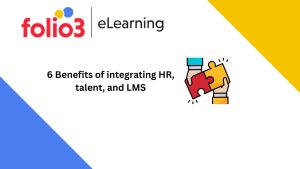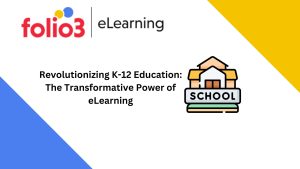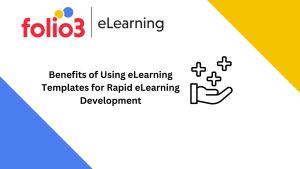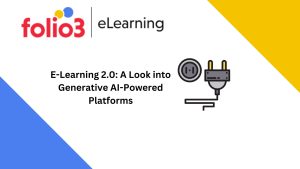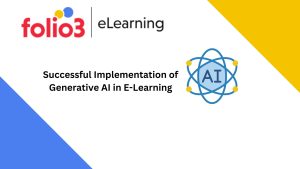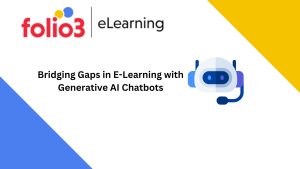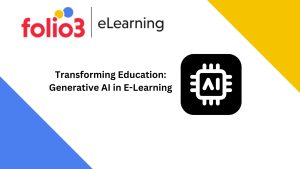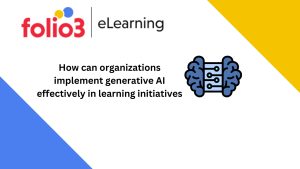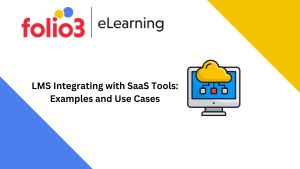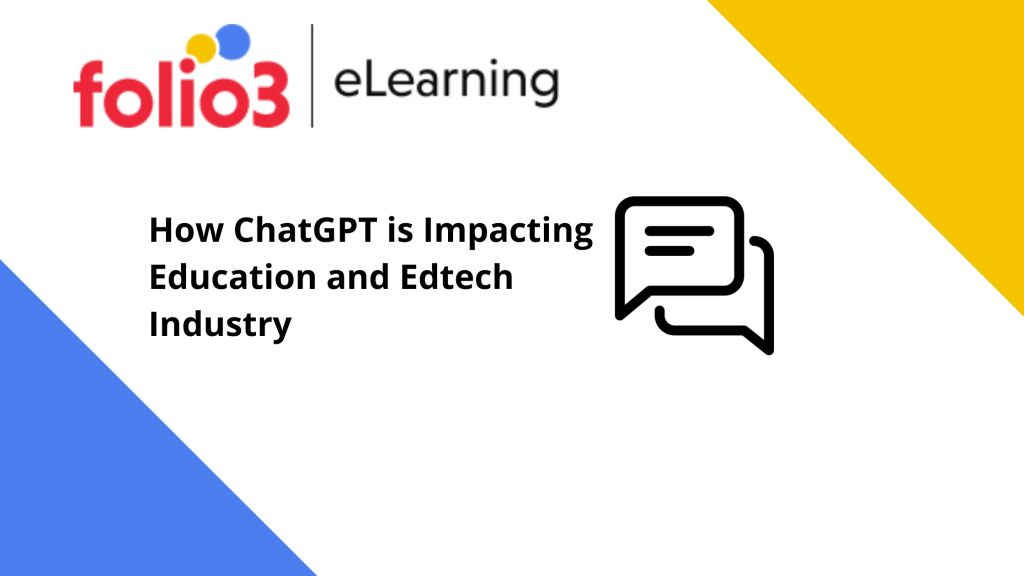
Executive Summary:
ChatGpt is an AI-powered chatbot that aids in learning. The use of AI in learning has advantages, but there may also be negative effects to take into account. While there are still problems to be solved, AI has the potential to revolutionize education. In this article, we will discuss the impact of chatGPT on the Edtech industry
Introduction:
Education is one of many sectors where artificial intelligence (AI) is causing a stir. In recent years, AI has found its way into education, providing teachers with robust tools to track student progress and individualize teaching strategies while also providing students with personalized learning experiences because they can engage students in a conversational style that is comparable to a human tutor, which is why AI-based learning platforms like ChatGPT are becoming more and more popular. But as AI is used more and more in education, there are worries about how it might affect students. According to some experts, the impact of ChatGPT on EdTech may impair critical thinking abilities and lessen the need for human interaction for learning.

The Benefits of ChatGPT for Learning:
- With its extensive knowledge base, ChatGPT can serve as a virtual tutor, helping students with their homework, assignments, and exam preparation. Instant tutoring and homework assistance. In order to help students learn more effectively and independently, it can offer real-time explanations, direct problem-solving techniques, and offer feedback.
- ChatGPT can help students with special needs or impairments by providing conversational interfaces, ensuring they have equitable access to education. It can give text-to-speech and speech-to-text functionality, help with taking notes, and provide customized accommodations to fit various learning needs.
- ChatGPT can be integrated with platforms for virtual learning, enhancing the functionality of online classrooms. As a result, the learning process as a whole is improved. It can offer students on-demand support, enable engaging dialogues, and facilitate collaborative learning experiences within virtual environments.
- ChatGPT can offer resources and support for teacher professional development. It can help educators by facilitating collaborative learning groups, giving advice on teaching practices, and giving access to pertinent research publications. This can improve the efficiency of instructional methods and encourage ongoing development.
- In the field of educational technology, ChatGPT supports research and development initiatives. Its capabilities can be used by researchers to examine patterns, analyze educational data, and produce new knowledge. The impact of ChatGPT on EdTech can support the creation of cutting-edge teaching strategies and tools.
- ChatGPT can be used by Edtech companies to automate the processes of content production and curation. Lesson plans can be created, interactive learning materials can be created, and educational resources can be curated via ChatGPT. This technology expedites the creation of content, frees up the time of teachers, and guarantees the availability of resources of the highest caliber.
While the impact of ChatGPT on EdTech may seem beneficial, addressing potential issues including privacy worries, information veracity, and the requirement for human control is crucial.
The Difficulties With Using ChatGPT In Learning:
- Responses from ChatGPT are produced based on patterns seen in its training data, which may contain errors, biases, or out-of-date knowledge. This puts pupils at risk of receiving inaccurate or misleading responses, which could have a negative effect on their learning outcomes. It is essential to guarantee the reliability and correctness of the data produced by ChatGPT.
- Inadvertent biases in ChatGPT’s training data, such as gender, ethnicity, or cultural biases, may be visible. To promote fairness, equity, and diversity in educational experiences, it is crucial to overcome these prejudices. Inequalities and prejudices can be reinforced in the classroom if biases are not eliminated.
- Using ChatGPT or other AI technologies frequently can result in a classroom where technology is overused. It might deter kids from acquiring critical thinking, problem-solving, and creative skills. It’s essential to use ChatGPT in conjunction with other teaching methods to promote well-rounded learning experiences.
- ChatGPT can provide customized responses based on user inputs, but it might not fully account for each student’s particular learning requirements. It might not be flexible enough to accommodate different learning preferences, styles, and skills. To meet the various needs of learners, customization and customization choices should be taken into account.
- The advantages of interpersonal connection in education cannot be replaced by ChatGPT as an AI system. Direct communication with instructors and classmates promotes social development, critical thinking, and deeper comprehension. The growth of interpersonal abilities and cooperative learning experiences may be hampered by an overreliance on ChatGPT.
- Concerns over data security and privacy are raised by the processing and archiving of user interactions by ChatGPT. Strict privacy laws and strong security protocols must be followed while managing and storing student data. In this case, the impact of ChatGPT on Edtech may cause problems as in order to preserve trust in the EdTech sector, personal data must be protected and data usage must be transparent.
Conclusion:
Reviewing the impact of ChatGPT on Edtech, it is apparent concern that artificial intelligence (AI) technology may overtake or replace human educators in the next ten years. There seems to be more evidence to support the premise that intelligent systems and people are required to manage various areas of learners’ academic and social competencies as AI develops in education and training.

FAQs
ChatGPT can be used as a virtual tutor to help students learn by giving immediate explanations, responding to their inquiries, and helping with homework or other assignments
ChatGPT cannot take the role of actual teachers. It can offer helpful support and information, it is unable to fully comprehend complex educational contexts, attend to emotional needs, or interact with people in nuanced ways.
ChatGPT served the Edtech sector by expanding learning opportunities, offering individualized tuition, fostering interactive dialogues, and helping with content production and curation.
Yes, ChatGPT can be incorporated as an intelligent virtual assistant into already-existing EdTech platforms. Language processing and conversational capabilities can improve the usability and user experience of these platforms.
